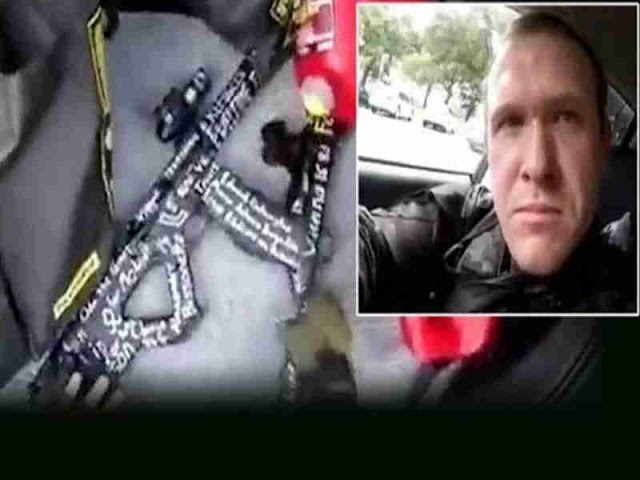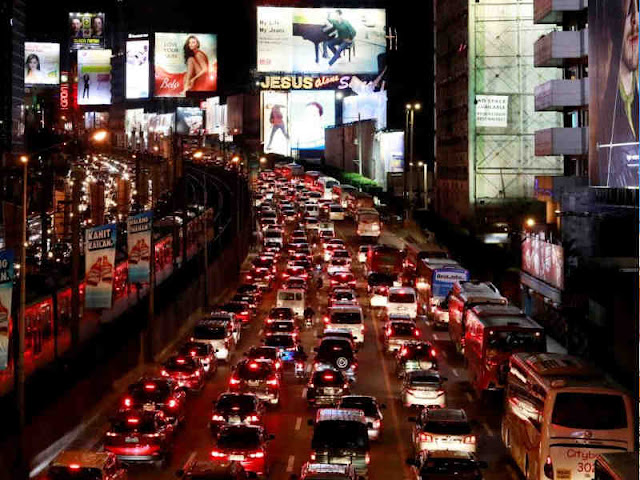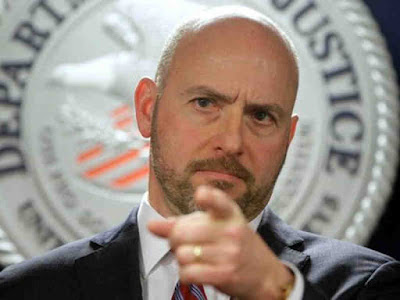
WASHINGTON, LELEMUKU.COM - North Korean leader Kim Jong Un may not be able to achieve his economic development goals given the divergent ideas over denuclearization exhibited by Washington and Pyongyang after the Hanoi summit, said experts.
After the Hanoi summit broke down last month over discussions of Washington’s demand on denuclearization and Pyongyang’s demand on sanctions relief, Kim made a first public statement emphasizing economic development, a goal he set for this year during his New Year’s Day speech.
If the sanctions are not lifted, North Korea and its citizens will likely to face tougher economic conditions this year.
North Korea’s main state media outlet, Korea Central News Agency (KCNA), reported on Saturday that Kim stressed last week “the need to concentrate all efforts of information and motivation on accelerating socialist economic construction.” KCNA added that Kim emphasized the [North] Korean people should “further display their might in the spirit of self-reliance.”
Ahead of the report, U.S. National Security Advisor John Bolton told Fox Business Network last week the U.S. is looking to increase sanctions if Pyongyang is not willing to denuclearize.
“They’re not going to get relief from the crushing economic sanctions that have been imposed on them,” Bolton said. “We’ll look at ramping those sanctions up in fact.”
A State Department official said on Thursday that the U.S. is not looking to provide exemptions to South Korea to resume joint economic projects with North Korea, which Seoul has been pushing for since the first inter-Korean summit in April.
Missile sites
Based on commercial satellite imagery, North Korea appeared to be rebuilding the Sohae Satellite Launching Station at Tongchang-ri last week. Pyongyang began to dismantle the largest missile engine test site in the country after the first summit with the U.S.in Singapore in June.
Movements around the Samundong facility near Pyongyang were also detected last week, suggesting North Korea might be preparing for a missile launch.
Built in 2012, the Samundong facility's mission is the development of long-range missiles and space-launch vehicles, such as the Hwasong-15 intercontinental ballistic missile, which analysts agree is capable of reaching the U.S. mainland.
Experts said Kim will not be able to develop North Korea’s economy, one of the world’s most opaque, without a sanctions lift from the U.S.
According to South Korea’s central bank, North Korea’s economy shrank 3.5 percent in 2017, a year after the United Nations Security Council imposed sanctions banning North Korea’s key exports including coal, textiles and fisheries and limited its imports of oil. Without the income derived from selling those export commodities, the North Korean economy is likely to face limits on its growth.
“Sanctions are really serious obstacles to the prospects for North Korea to fully develop its economy,” said Scott Snyder, director of the U.S.-Korea policy program at the Council of Foreign Relations.
Robert Manning, a senior fellow at the Atlantic Council, said the North Korean economy is likely to dwindle as the result of sanctions.
“Kim’s economy is in difficult shape, squeezed by sanctions,” Manning said. “Some think it is likely to contract in 2019.”
Snyder said North Korea will likely continue to look for ways to bypass sanctions, and turn to Russia and China, which have been willing partners in that effort in the past. But, he thinks that Pyongyang is unlikely to get very far with Moscow and Beijing.
Since the U.S.-North Korean summit process started in June, Snyder said China has eased off enforcing sanctions in the past two months.
"But I believe that China is willing to continue to apply sanctions up to a point, and that the level of relaxation on the part of China is not going to be sufficient to meet North Korea’s desire toward its needs," he added.
Joshua Stanton, a Washington-based attorney who helped draft the North Korea Sanctions Act in 2016, thinks the consequence of sanctions are not rigorous enough at the current level to deter evasions by North Korea.
“So far, they are not,” Stanton said. “You need to go out to Chinese banks that continue to launder money for North Korea. And although the Trump administration threatened that, it hasn’t followed through with that threat.”
US legislation
A day before the Hanoi summit that took place Feb. 27-28, Congressman Brendan Boyle, a Democrat from Pennsylvania, introduced a bill calling for the prohibition of lifting sanctions on North Korea.
Stanton said Congress will likely look for ways to make sanctions stronger now that North Korea has demonstrated its unwillingness at the Hanoi summit to agree to U.S. demands on denuclearization.
Ken Gause, director of the International Affairs Group at the Center for Naval Analyses, said North Korea is most likely to turn to South Korea for concessions and look to resume inter-Korean projects, such as the Kaesong Industrial Complex and Mount Kumgang tourism, which South Korea has been planning to discuss with the U.S. prior to beginning preparatory work because of potential sanctions violations.
The Kaesong Industrial Complex that opened in 2004 included factories where South Korean manufacturers could employ North Korean workers for low wages. It was shut down in 2016 following a North Korean nuclear test. South Korean tours to the venerated Mount Kumgangended in 2008 after a South Korean tourist was shot by a North Korean guard.
Gause said, “It will definitely make it more difficult for [South Korean President Moon Jae-in] to just provide concessions to North Korea with the United States taking a hardline following Hanoi.”
Snyder thinks “the inter-Korean projects cannot go ahead under current circumstance because they would pursue contrary to the sanctions efforts,” and if South Korea tries to resume the projects with North Korea, “it would definitely create tension.”
“So I believe South Korea is going to get essentially a red light on the idea of large-scale economic cooperation," he added.
Gause, on the other hand, thinks inter-Korean economic projects could help U.S. negotiate denuclearization with North Korea.
“If the South Koreans were able to get some sanctions relief and provide North Korea with some resources, maybe reopening the Kaesong Industrial Complex or Mount Kumgang, that could actually lay the path for better negotiations with the United States down the line than if we just take a hard line against North Korea, and they go into a shell,” said Gause.
After the Hanoi summit, Snyder said North Korea is looking for a way to boost its leverage over the U.S. position by making a preparation to resume testing.
“One leverage that North Korea can use to push back on the U.S. position is the idea of making preparations for possible resumption of testing," he said. “It’s kind of logical move for North Korea to make as a means by which to send the signal that the North Koreans also have some leverage and they’re not just going to roll over.” (Christy Lee-VOA)
 PARIS, LELEMUKU.COM - Keuskupan Agung Paris mengungkapkan benda-benda bersejarah yang berada didalam gedung Katedral Bunda Kami di Paris atau Notre Dame sudah diamankan oleh pihak gereja, saat kebakaran terjadi pada Senin (15/04/2019) pagi pukul 06.50 waktu setempat.
PARIS, LELEMUKU.COM - Keuskupan Agung Paris mengungkapkan benda-benda bersejarah yang berada didalam gedung Katedral Bunda Kami di Paris atau Notre Dame sudah diamankan oleh pihak gereja, saat kebakaran terjadi pada Senin (15/04/2019) pagi pukul 06.50 waktu setempat. Dilaporkan dari kebakaran itu, menara lonceng dan bagian dari puncak atap yang sedang direnovasi itu runtuh seutuhnya.
Dilaporkan dari kebakaran itu, menara lonceng dan bagian dari puncak atap yang sedang direnovasi itu runtuh seutuhnya.
















